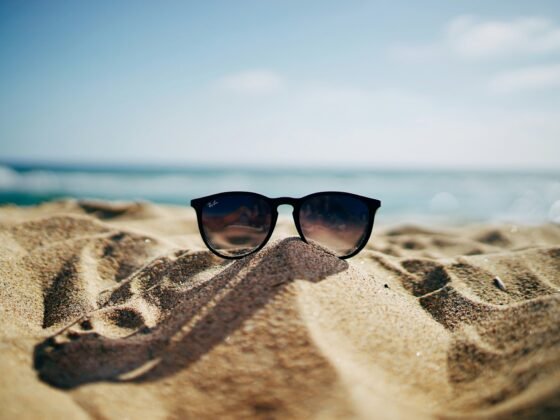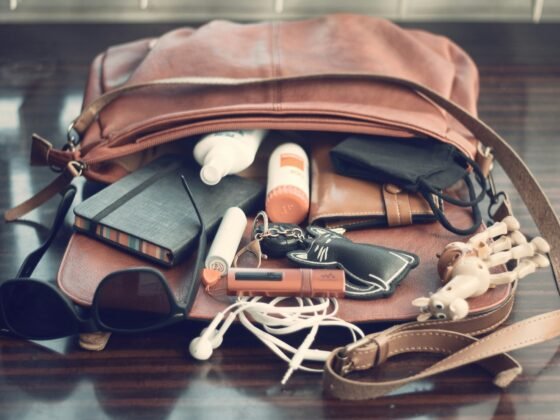Flying often means changing time zones, which can cause big disruptions to sleep, but having a routine and good sleep habits play an important role too. Some airlines such as Qantas are all too aware of this and have recently developed an app that rewards frequent flyers with five Qantas Points if they put their phone down half an hour before bedtime and don’t pick it up until the morning. This helps to promote good sleep hygiene and establish an all-important bedtime routine.
Get into a routine
Having a good morning and bedtime routine can make falling to sleep and getting up a lot easier, resulting in more and better quality sleep. Try to go to bed and get up at the same time every day and have a routine that you stick to, such as having a hot drink, taking a bath and reading a book before settling down. If different time zones mean you need to go to sleep earlier or later one night, don’t fight it, but stick to your routine and try to wake at the same time the following morning.
Invest in a good bed and sleep accessories
Accessories like a travel pillow, earplugs and eye mask can help to improve how comfortable you are, while reducing noise and light, helping you to sleep better. A travel neck pillow and other sleep accessories, for example, can make sleeping easier when traveling. Travel pillows may adjust to the neck’s shape, providing support and preventing fatigue and stiff neck. These accessories can be used on planes, in hotels or at home. Noise-canceling headphones are good for people who are light sleepers, those who frequently take long-haul flights, and even people with a partner that snores loudly. BedTester.com explains that if you struggle to sleep away from home, having a comfortable bed to come back to can help you to catch up on your sleep between flights. Investing in a good mattress is important for a good night’s sleep, but choosing one can be difficult when there are so many different types that suit people based on how they sleep.
Stay active
Whether you’re jetting from one country to another or frequently flying for business, staying active is important to help you sleep. Dr. Benjamin Smarr, a Reverie sleep advisory board member, says, “The first part of sleep is mostly about refreshing your body. If your body didn’t get much use, it won’t generate much sleep pressure, and falling asleep will be more difficult.” This is why staying active helps you to sleep, even if it’s going on walks or doing some yoga in your hotel room.
Use white noise
Whether you have your own playlist or you have an app on your phone, you can play white noise when going to sleep. Using white noise for sleep has a couple of benefits:
Soothing: Using white noise before sleep may help soothe your mind and signal the brain that it’s time to sleep.
Filters Other Sound: There are times when you can’t fall asleep because of different sounds that you hear from outside. Whether it’s noisy kids, car, or animal sounds, white noise may help cancel these noises from outside.
Relax
Sometimes, people find it difficult to fall asleep because they’re thinking about a lot of things. Stressing yourself out over many things can make you anxious and stimulated. But, if you just find time to relax and ease those troubles by giving yourself some alone time, you should be fine. It’s essential for anyone to have some time to relax and ease out troubles. Some ways to do this are:
- starting a journal
- taking a shower
- having a warm bath
- reading a book
- meditating
Never underestimate the value of sleep. As a frequent flyer, establish a good routine, keep yourself active during the day and make the most of sleep accessories to help you settle and avoid disruptions throughout the night.












